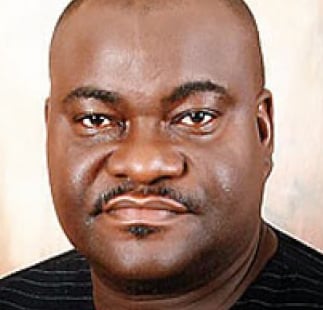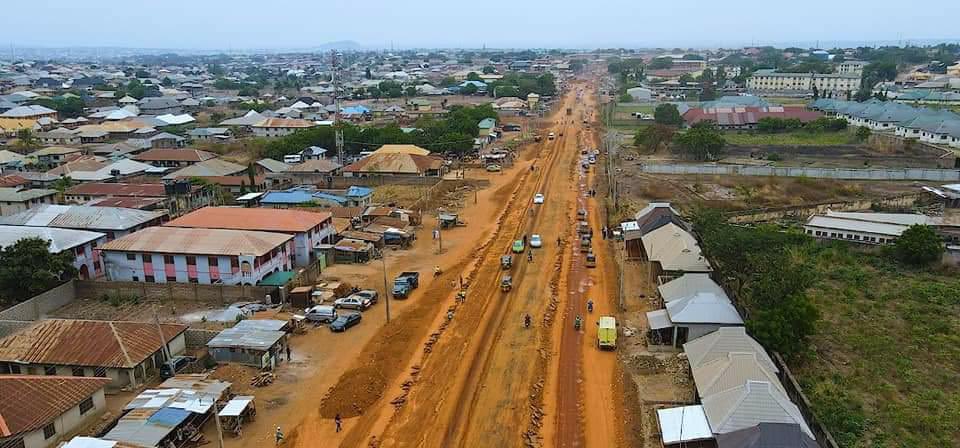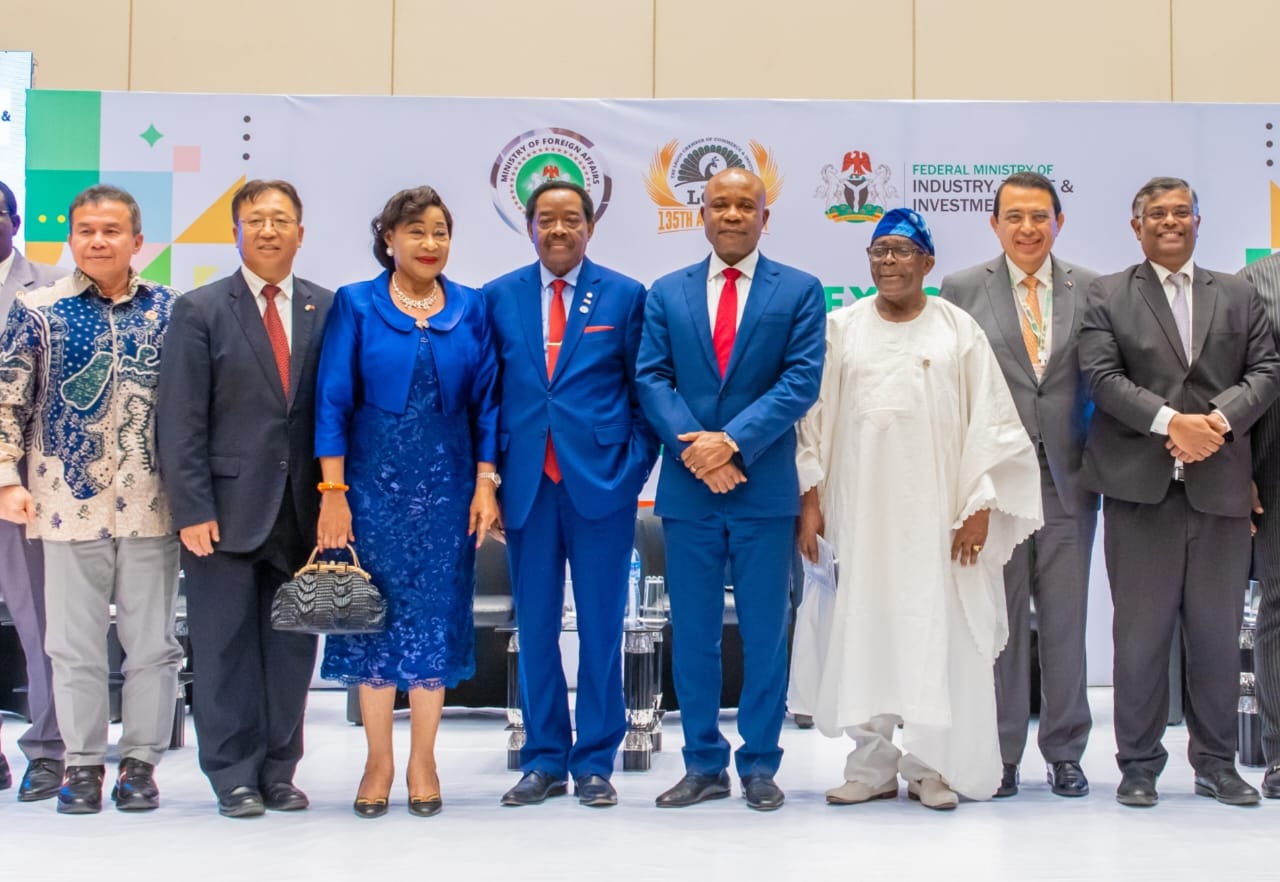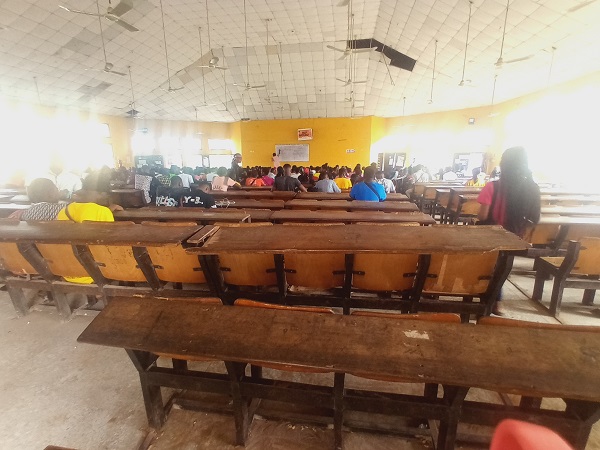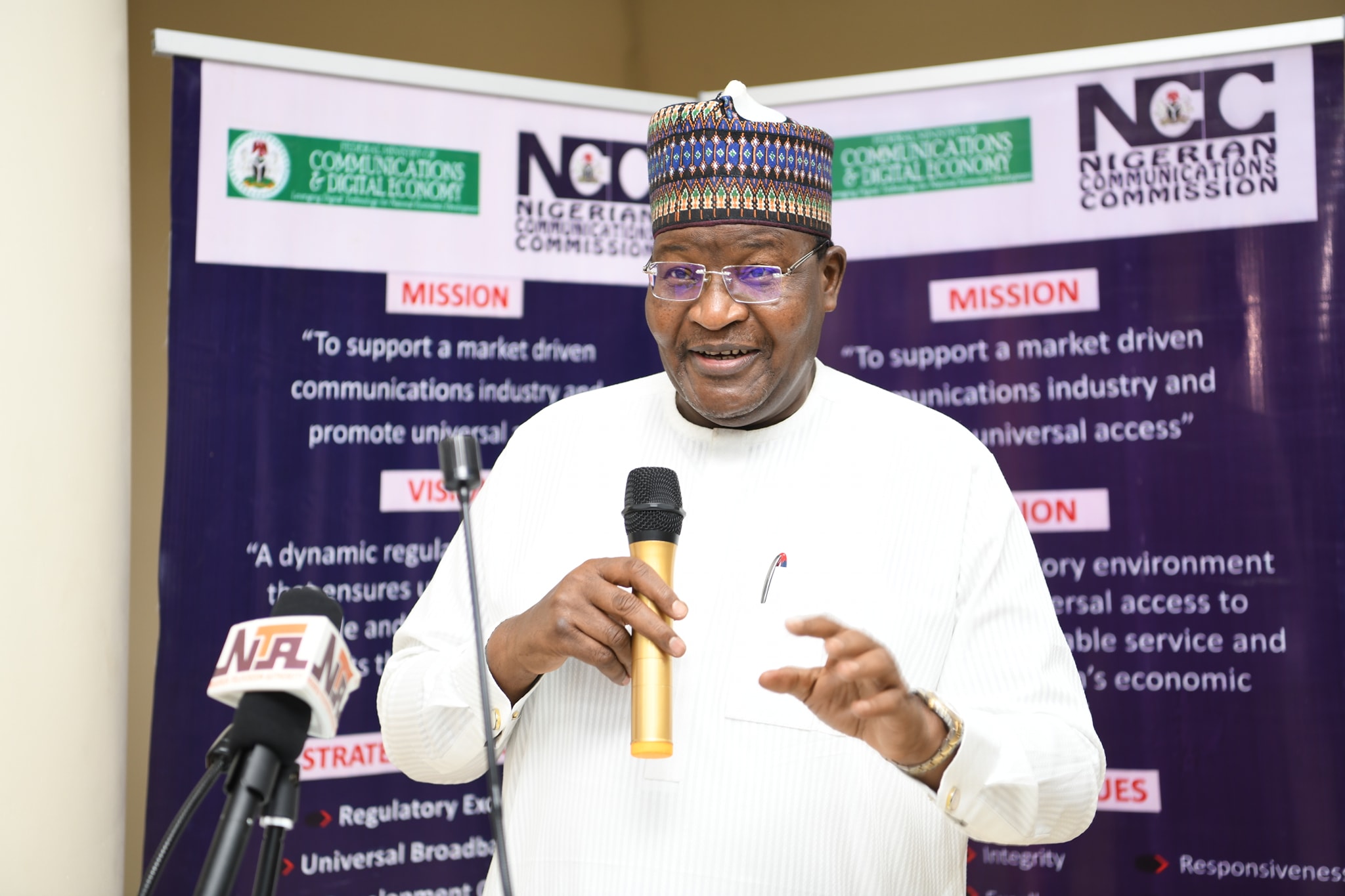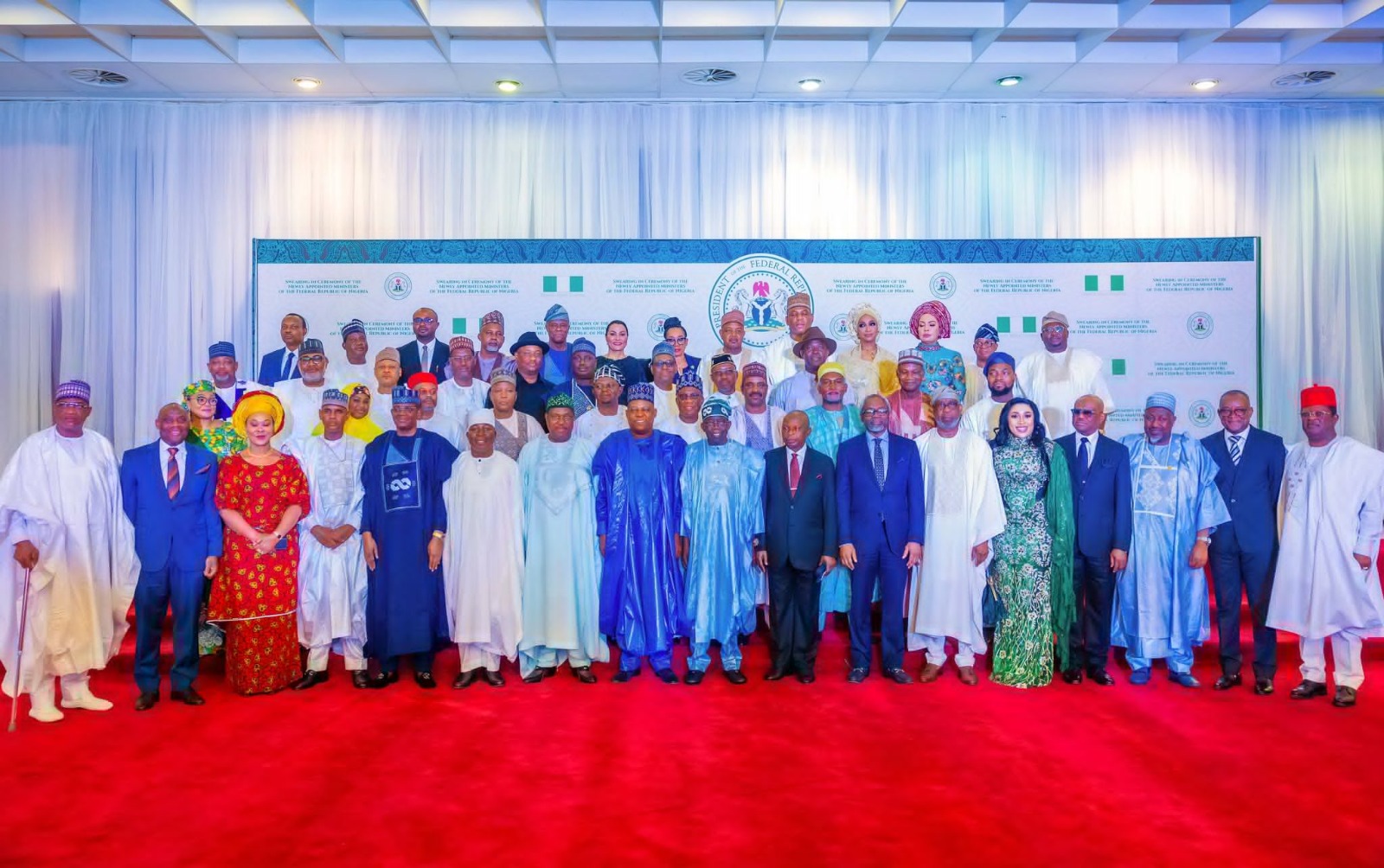From across my various addresses over the years, the road has always been my preferred means of transport to Ilorin, the Kwara state capital. At various times, I have lived in Lagos, Lokoja and Abuja and land transportation has always been my favourite. The therapeutic bliss and soothing breeze of the countryside is incomparable. There is the opportunity to make stops on the road to procure farm fresh produce and to support the local economy. You also get to “stretch your legs” as we say in local parlance and shake off cramps and aches.
My departed friend Onukaba Adinoyi-Ojo got us to stop in Abaji, Chikar, and Kotonkarfe in the federal capital territory (FCT) and Kogi state on our various travels together. The instinctual anthropologist in him was interrogating the variants of the Ebira language, his mother tongue, spoken in those parts; relative to the linguistic prototype in use in Okene the sociocultural spring of Ebiraland in Kogi Central. Road travellers are also privileged to stop by identified watering holes on the highways to assuage the anger of growling bellies and thirsty throats.
Not anymore these days, however. Not with the deathly, large-scale dilapidation and wholesale depreciation of our roads, the subsisting spectre of several Nigerian highways. This is in spite of the staggering sums serially appropriated by the government for their construction and maintenance. Not with the free reign of hooded hoodlums, of armed and brazen man-stealers, of random ransom-seekers, relentlessly parading the routes, endlessly patrolling our roads. Not with trigger-happy state-owned guards who dispossess commuters of their wallets and pockets, issuing them threats of mortal liquidation should they stall or dissent. It is a totally different Nigeria we live in today within the short window of just a few preceding years of relative sanity and security.
I had cogent reason to be in the city late last week after several years of unintended abstention. As we drove out of the airport with my good friend Segun Sobogun, certain mutations in the prostate mass of the city were already noticeable. Ilorin is not pretending to be the more aesthetically savvy Lagos, Ibadan or Abeokuta. Gradually though, Ilorin’s acclaimed rusticity and ultra-conservatism are yielding to some makeover albeit salutary. Facing the airport directly, for instance, is a new shopping plaza ostensibly inspired by growing activity around the airport. The hitherto moribund facility was reawakened under the regime of Bukola Saraki as governor of Kwara state between 2003 and 2011. It was sustained by the regime of his successor Abdulfatah Ahmed and remains operational. At the last check, about half a dozen airlines ply the Ilorin route mainly from Abuja and Lagos. Overland Airways pioneered the trend before Arik Air, Air Peace and more recently Green Air joined the league.
Advertisement
You are greeted by fluttering banners advertising the tourist attractions in Kwara state dangling from the said commercial complex facing the airfield as you head for the city. Since the return to democratic governance, successive regimes in the state have marketed landmarks and monuments to visitors and adventurers. The Owu waterfalls, the Esie earthen figures, the Gaani festival and Takai dance of the Baruten people, and the Sobi hills are some of the voyeur’s delights in the plural-ethnic, multilingual state. Similar advertisements are emblazoned in select locations around the metropolis underscoring the centrality of tourism to the lifeblood of the state.
At the intersection of Garin Alimi and Asa Dam is an underpass which is celebrated as the first tunnel in the city. It was built by the Ahmed government to ease traffic. Commuting straight ahead beneath the underpass takes you into the very heart of Ilorin. The Asa Dam road to your right on the other hand hosts the industrial zone of the city. The southward descent of this erstwhile boisterous manufacturing district is better told by the closure of some of the industrial plants and the acquisition of some by new owners. Dangote Flour Mills has been procured by Olam Grains, while Global Soap formerly owned by the multimillionaire industrialist Samuel Adedoyin, has been possessed by Sanoma Industries. Kamwire Steel Products has also sprouted in the axis. The same road takes you all the way to the Offa garage, Ero-Omo and Olunlade sections of Ilorin.
The Garin Alimi route into Ilorin leads through the Ogbomosho-Oyo-Ibadan-Lagos road, locally referred to as Sawmill Road. It takes you into what can be classified as the business hub of Ilorin. To the left of the roundabout at Queens College is the way to Emir’s road onwards to Surulere, Baboko, and Agaka districts, and thenceforth to the Emir’s palace in the city centre. Straight ahead of the Queens College intersection is Taiwo Road, one of the longest roads in Ilorin. Residents prefer to bifurcate the road as Taiwo oke and Taiwo isale respectively, implying the upper and lower subdivisions of the road. It was christened after Ibrahim Taiwo, an army colonel and military governor of the state, who was assassinated in the abortive February 13, 1976 military coup which also claimed Murtala Ramat Mohammed a General who was Nigeria’s head of state at the time. Taiwo and Emir’s roads, and the adjoining Agaka and Ita Amodu constitute the epicentre of commercial activities in Ilorin. Murtala Mohammed Way, which today spots a flyover built by Saraki in front of the General Post Office, is an abutment to this burgeoning commercial cadastral. Offices, banks, boutiques, malls, shops, showrooms, stalls, eateries, and hangouts advertise themselves in healthy contests from their eye-catching buildings.
Advertisement
For several decades, the state-owned Kwara Hotel had in its pockets the virtual monopoly of the hospitality sector in the city. Purpose-built by the administration of Ibrahim Taiwo’s predecessor, David Bamigboye, in 1971 and an architectural marvel in its own time, the over 200-room complex was a multifunctional resource. To be sure, Kwara Hotel was the first facility in the whole of today’s north-central Nigeria to be served by elevators. It used to be a one-stop-shop for boarding, conferences, sports, entertainment, nightclubbing and even bureau de change services. Years of mismanagement climaxed with its closure by the incumbent government led by Abdulrahman Abdulrasaq.
A potential vacuum in the all-important sector has been promptly mitigated by the organic emergence of new brands. Noktel, E-Phoenix, Millennium, Peace, Whitefield, Princess, G-Pinnacle, Bovina, Rotana, Fresh, Monarchs, Harmony, Royalton, Savannah, Henry George, Golden Sands and Abila are some of the more recent hotels and motels providing services to patrons. They are interspersed in various districts in Ilorin most dominantly in the Government Reserved Area (GRA) as well as adjoining sections of the city. There is an outlet of the renowned marketing brand Shoprite on Fate Road contiguous to the GRA which ministers to the needs of the middle class and shoppers in general.
The more popular street-side bukaterias and bars have been augmented by more formal, more corporate entertainment and relaxation initiatives. Eateries like Chicken Republic, Item 7, Kilimanjaro, Charcoal, The Place, Captain Cook, Aroma, T & K, Iya Yusuf, Yakoyo, Amala Place and Aduke Alamala have spawned outlets across the face of good old Ilorin. Before now some of these labels were only obtainable in bigger cities like Lagos, Ibadan, Port Harcourt and Enugu. Hangouts like Forest, Waterview, Our Garden, Sydney, House 13, Twizt, Obodo, and Hy-Shoo, among others, spice up the new Ilorin. Events centres in Ilorin include Atlantic, Acra, Excellence, Savannah and Succouth Valley.
Ahmadu Bello Way which hosts the seat of government has witnessed some remarkable changes over the years. A new office building for the deputy governor today sits adjacent to the primordial Government House. There is also a new banquet hall and an upcoming centre for arts and culture. There is now an annexe to the State Secretariat from the Challenge Bookshop approach into Ahmadu Bello Way, while a novel international conference centre is also in the works. Why Kwara state requires such a facility despite the gross underutilisation of the banquet hall which is within a whispering distance is subject to popular discourse amongst the enlightened in Ilorin.
Advertisement
Abdulrahman Abdulrasaq has received plaudits from his constituents for the simplicity he has brought to governance as well as his fiscal frugality. He has also been hailed for his efforts in infrastructural development. Inaugurated for a second term three months ago, however, he still has his job cut out. The existing road network across the state and the capital city generally requires intentional reconstruction, beyond peripheral papering up in the name of rehabilitation. Tanke Road which leads to the University of Ilorin, the most important educational institution in Kwara state, is a classic example. It needs to be totally scraped and rebuilt from scratch. Such treatment for the road will enhance the functionality and aesthetics of the ongoing flyover being built at the convergence of Tanke Road with Pipeline Road. Earth roads in the city can do with regular fillings and grading to facilitate motorability. Where is the ministry of works in all of these?
There’s no discernible drainage system in Ilorin. It is commonplace for locals to dump stuff on roads or roadsides without the faintest consideration for the environment and sanitation. Tied to this is the worrying sanitary condition of the Kwara state capital. There are overgrown weeds on the medians of many roads and sidewalks. The same goes for roadsides across town. I noticed horses feasting on overgrown vegetation in parts of the city including the perimeters of Kwara Hotel.
Ilorin, by the way, was in substantial darkness on the evenings I drove around with my friends Sobogun, Toyin Olaoye, Martins Oni and John Audu. Tales of very poor power supply were a constant on many lips. Street lights were also dysfunctional and decrepit. Has the Abdulrasaq government thought about solar farms as a backup for the ever-failing electricity supply? I took very special note of the overwhelming darkness around and about the state secretariat and shuddered to imagine what miscreants could make of the situation.
In all, it was a memorable visit to Ilorin, a city with which I’ve been acquainted for the better of the past five decades. That will be espoused in another treatise.
Advertisement
Olusunle (PhD), poet, journalist, scholar and author is a member of the Nigerian Guild of Editors (NGE)
Advertisement
Views expressed by contributors are strictly personal and not of TheCable.
Add a comment
